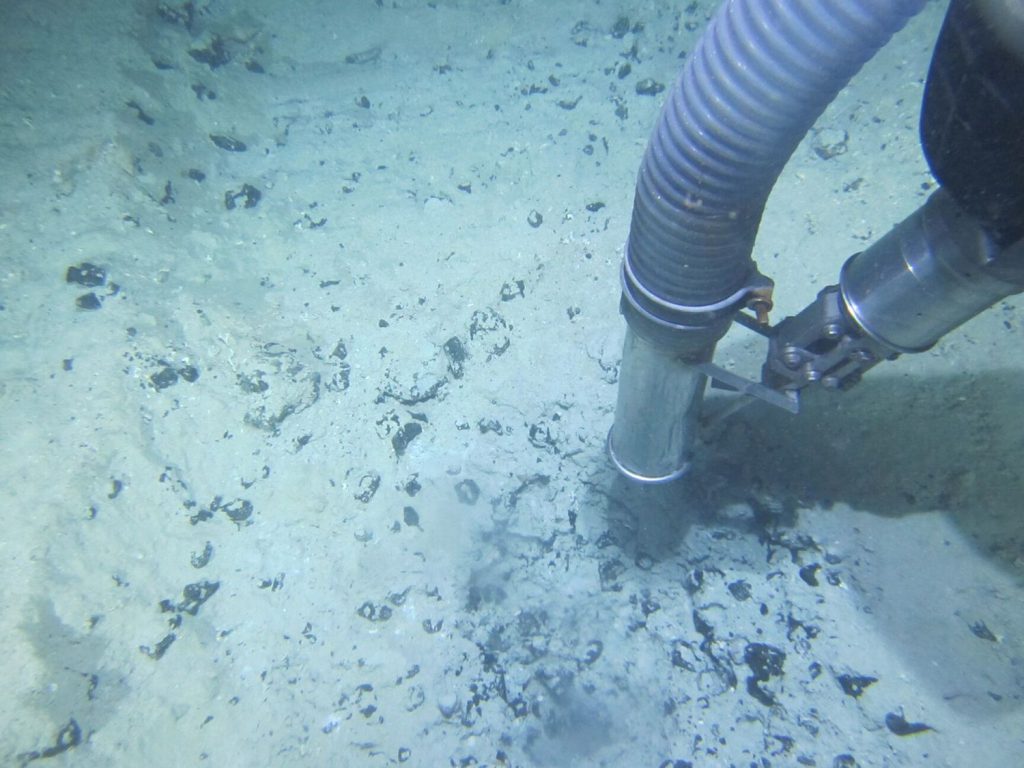4 ‘reading
After 2020, the most difficult year in the fight against the Covid 19 pandemic, Italian GDP fell above the European average (-9% compared to -6.5% of the EMU average, Economic and Monetary Union), the economy of our country recovered very quickly, and at the end of 2021 , thanks to the support of the vaccination campaign and economic policies ( the support measures launched by governments amounted to 6.5% of GDP in 2020 and 6.1% in 2021), it is well positioned with respect to its main partners and, in particular, aligned with those of France and Germany. This is the summary picture that emerges from the report “2021 Balance Sheet, second year of the pandemic” carried out as part of the Monitor Phase 3 research project, the result of the collaboration between the Legacoop Study Area and Prometeia.
The goals achieved, with GDP growth estimated at 6.3% for this year (compared to 5.2% of the EMU average), make us look with some optimism for the future , without forgetting that winter promises to be still difficult both from a health point of view and due to the difficulties in supplying intermediate goods and the price increases of energy and raw material prices.
The slowdown in the last quarter of 2021
The last quarter of 2021, in particular, is expected to slow down, with a growth forecast of 0.4 % compared to the previous. A partly physiological slowdown, after the positive effect of the reopening in the third quarter, and partly caused by the emergence of supply difficulties along the global value chains, but which, however, will not affect the average annual growth of the GDP of 6.3% which will allow us to close the year with a distance of only 0.8 from the pre-crisis (fourth quarter 2019) %. Economic growth, in any case, will also depend on the speed with which households regain confidence and restore the propensity to consume to pre-crisis levels. The propensity to save has in fact increased greatly (in 2020 the flows reached the monstrous figure of over 80 billion euros) and we are still far from pre-crisis levels. Without forgetting that a lot of savings are held in bank current accounts, immediately available for consumption.
The rush of inflation
Inflationary tensions should not be underestimated, with many increases which, for now , they are discharging on the margins of companies. The data relating to Italy highlight, first of all, the role of energy, which increased in November by 73% in producer prices, and by 31% in consumer prices. manufactured goods, where the increases are now in double digits (10.4%), as they have not been observed since the 1990s. On the contrary, with core inflation still at 1.4%, contagion along the supply chains up to the prices of services appears marginal, albeit growing.
Italian industry suffers less from the shortage of semiconductors
What are the factors underlying the recovery of the Italian economy and the good result achieved in 2021? The study highlights the rebound in service sector output once many limitations on social interactions are removed, and the trend of manufacturing , where Italy, the only one among the four major European countries, the other three are France, Germany and Spain), has recovered and exceeded the pre-crisis levels, despite the persistent difficulties in terms of procurement of semi-finished products and pressures on production costs. The gaps seem to be due to a different positioning of the range between countries, which leads the Italian industry to suffer less from the ecological transition and the shortage of semiconductors than the German industry, which specializes in high-end cars, as well as a different composition of the offer, with more production of spare parts in Italy and of airplanes in France (particularly penalized by the pandemic). Italy also records the best performances net of the production of means of transport , where in October 2021 it is in a better position compared to the other three countries. In particular, with the index of total industrial production at 100 in December 2020, in October 2021 Italy ranks above 103, Spain just under 101, France at 100.5 and Germany just over 96.
Note: This article have been indexed to our site. We do not claim legitimacy, ownership or copyright of any of the content above. To see the article at original source Click Here














